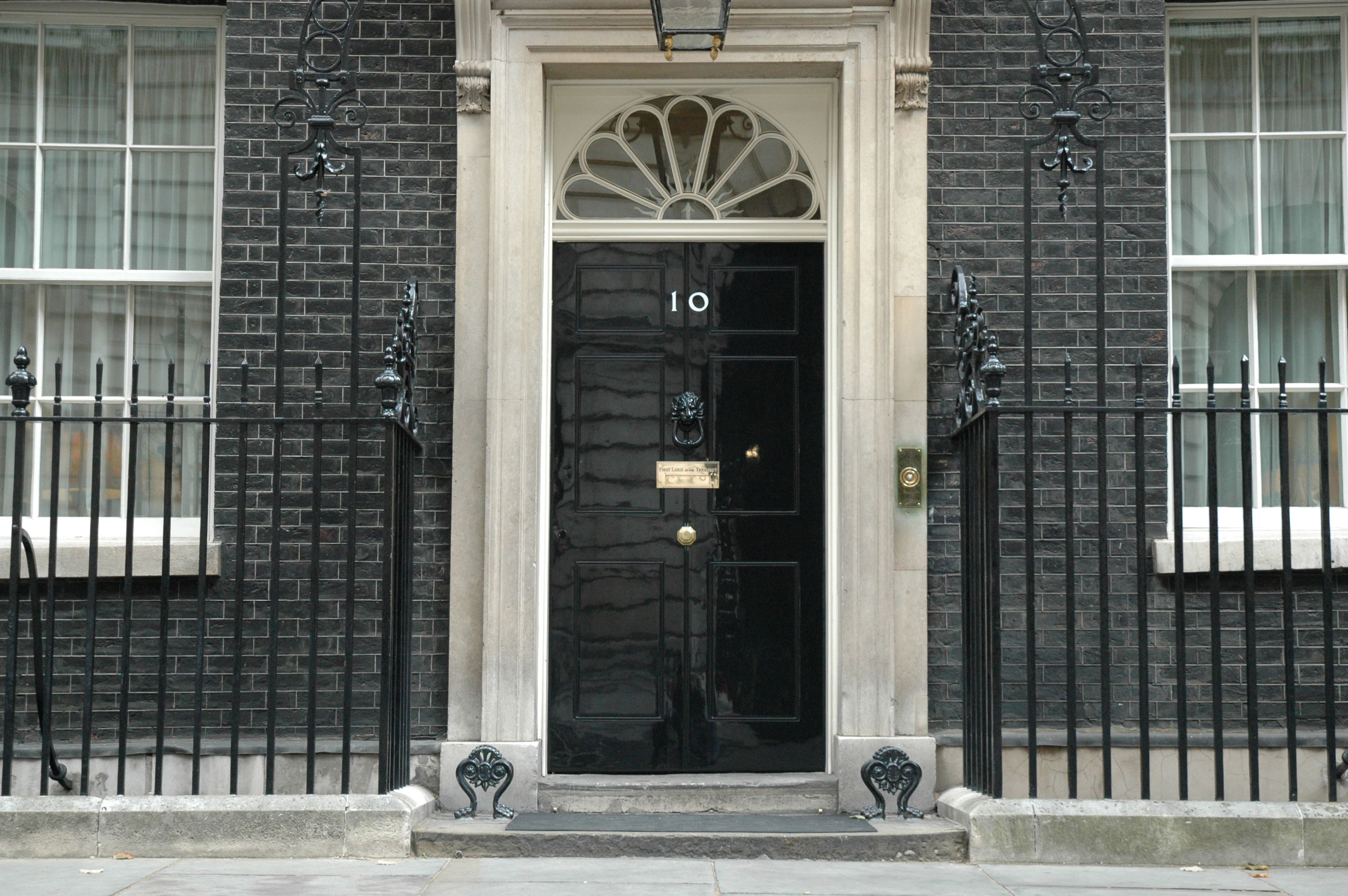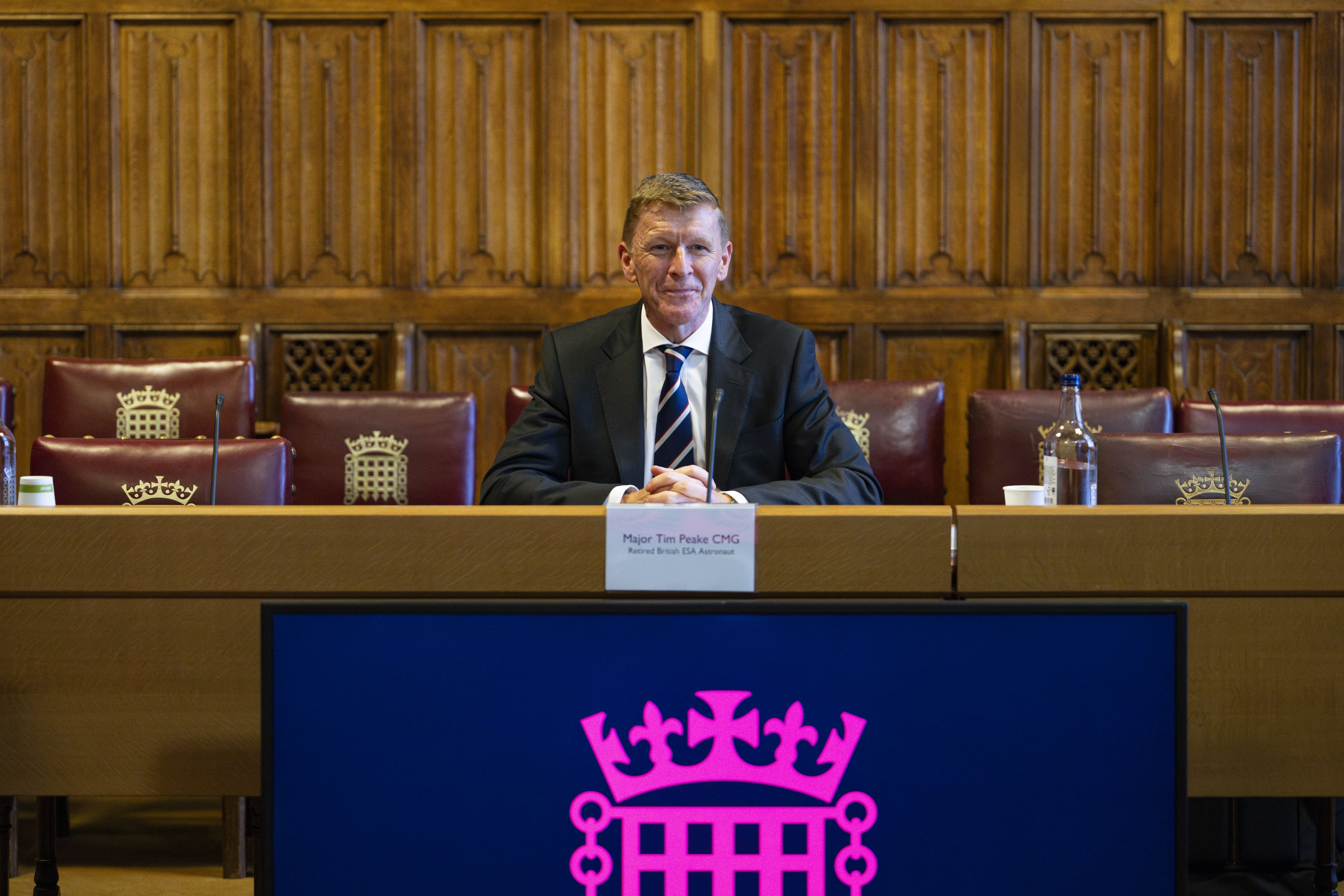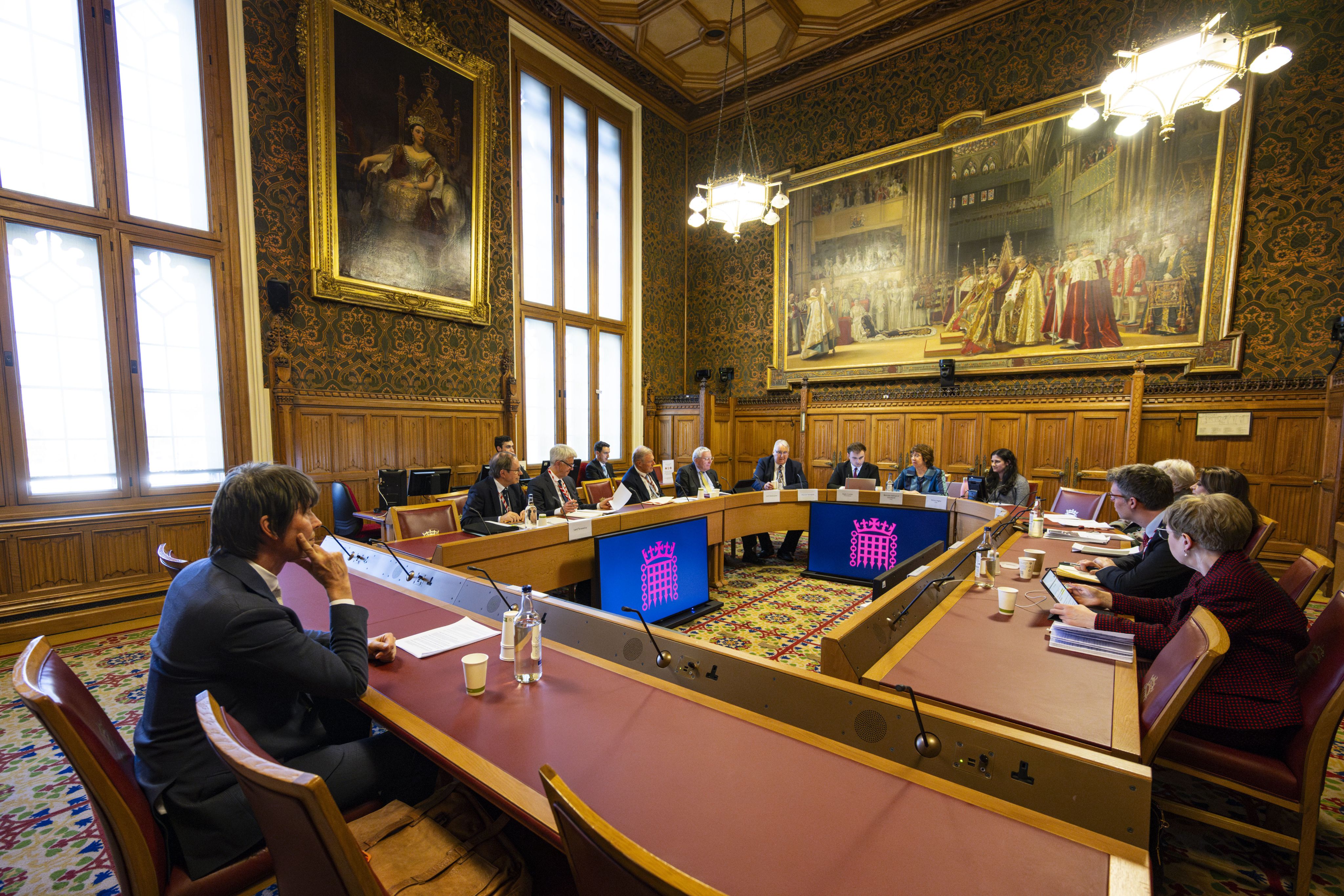How can the UK be a winner in the new global space race?
The Government must seize the opportunities emerging in space

Space is often mistakenly viewed as having little relevance to life on Earth. While many associate space solely with asteroids or astronauts, the UK relies heavily on space technologies to function.
From aiding advanced agricultural practices to underpinning financial transactions and energy grids, satellite technology is a crucial, yet underappreciated, part of the UK’s economy.
As the global space economy grows and new technologies such as in-space manufacturing and services emerge, the impact of space on life on Earth will increase.
In 2021, the Government published a National Space Strategy which sought to position the UK as a leader in the evolving space economy. However, this ambition has not yet become reality, and the UK risks losing out to international competitors.
In our report, we have focused on four key areas relating to the UK’s engagement with space: the importance of a coherent space strategy, the barriers to growth for the UK space economy, the role of partnerships in a changing international landscape, and the necessity of maintaining a safe and sustainable operating environment in space.
“Without action to enhance the competitiveness, resilience and interconnectedness of its domestic space sector, the UK may be left behind.”

1. The National Space Strategy

As both a Critical National Infrastructure and a strategic technological sector, the space sector requires clear leadership from Government for both industry and academia to follow.
However, we heard that the Government’s approach to space falls short of what is required.
“The UK must identify where it can lead globally and invest accordingly.”
We heard that the Government has too many strategic priorities and has not delivered implementation plans for the development of core space capabilities
Space cuts across multiple departments and agencies, but the existing institutions do not work effectively to deliver shared priorities.
The Government must ensure that it provides a coherent strategic vision for industry and academia to follow. This requires the publication of detailed implementation plans, the introduction of a dedicated space minister to lead cross-government space policy and the establishment of a Space Champion to coordinate between government, industry and universities.

2. Growing the UK space economy

While the UK space sector has historically been fast-growing, we heard that the UK is on track to lose half of its global market share in space as a result of slowing growth.
As is the case for other high-tech businesses, UK-based space companies struggle to grow into internationally competitive champions due to insufficient access to capital.
Firms who can’t raise the money they need to scale-up in the UK will be tempted to move operations elsewhere.
“We haven’t seen a breakout UK space business for a long-time.”
Other barriers to growth also exist. While the UK has previously been a world leader for innovative regulation, it needs to ensure it remains a permissive environment for exciting, innovative space companies.
95% of space businesses in the UK have reported facing skills challenges, with many losing out on talent to other industries and international competitors.
Universities, the foundation of a strong space economy, have worries that funding challenges will damage their position as global leaders in space science.
The Government should re-evaluate the UK’s space funding model, moving away from fragmented grant funding and towards strategic procurement, which will help crowd-in investment. Space technology should be viewed as a priority area for innovative regulation, and a Space Skills Taskforce should be established to ensure the sector has the skills it needs to grow.

3. The role of international partnerships

“It is very difficult to do things on your own if you are a medium-sized country.”
Success in space requires collaboration between nations.
The UK has traditionally relied on the US to provide it with military space capabilities, and on the European Space Agency (ESA) for civil space and exploration.
However, changes in US foreign policy and the increasingly close relationship between ESA and the EU have led to questions about the UK’s existing approach.
Beyond Europe and the US, an increasing number of countries around the world are growing their space sectors and engaging with the global space economy, providing new partnership opportunities for the UK.
The Government should ensure that investment is made in strategic national capabilities which will complement existing strong relationships with the US and ESA. And it must provide clarity on its approach to changing EU space policy, including whether it intends to seek participation in future EU space projects.

4. A safe operating environment

For states to continue reaping the benefits of space, the environment needs to be safe for them to operate in.
“It is almost as if we are in a pollution sandwich with our oceans being full of plastic and now unfortunately Earth's orbits also filling with debris.”
Space debris is a core challenge. We heard that there are over a million pieces of debris in orbit that are large enough to damage a spacecraft, with many citing concerns that Earth orbits will become unusable due to debris challenges.
Other threats to a safe operating environment in space also exist. Space weather events threaten activity both in space and on Earth and require analysis and preparation.
Radio spectrum, a precious finite resource used by satellites to communicate, is becoming increasingly contested as the number of satellites in orbit grows.
As use of space increases globally, it has become clear that there are insufficient norms, rules, and regulations governing the collective use of the space domain.
The Government should continue seeking to position the UK as a leader in Active Debris Removal technology, which will prove a valuable capability in addressing the debris challenge. The UK should also continue pursuing national and multilateral initiatives to encourage sustainable uses of space.

What happens next?

We have made our recommendations to the Government and it now has two months to respond to our report.
Read the full report on our website.
Our committee is a special inquiry committee for 2025.
Find out more about our inquiry and our committee.
Follow us on Bluesky, LinkedIn, or X (formerly Twitter).
Cover image © ClearSpace